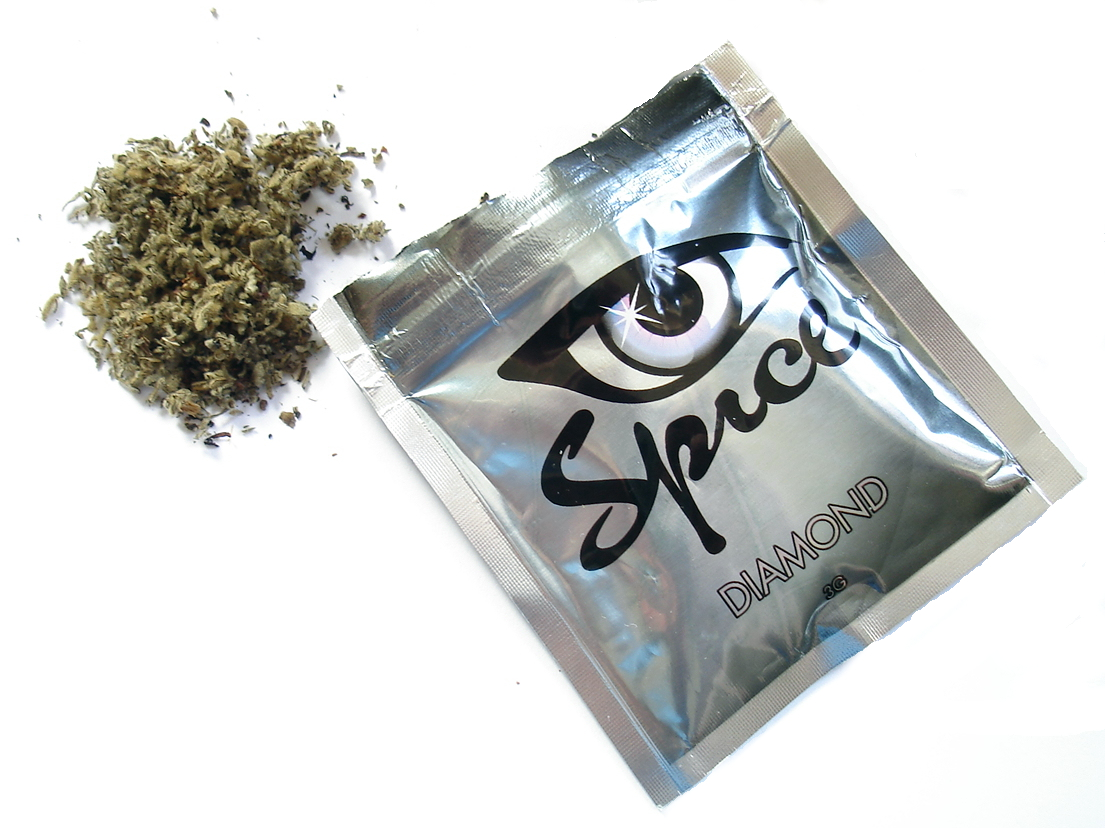Selling the synthetic marijuana known as “spice” has led to a $4.5 million civil forfeiture against David Kelly, a former Eugene city councilor and the owner of Mary Jane’s Pot Shop in Eugene. Kelly calls the suit “frivolous and vindictive.”
On Monday, Aug. 6, a Wisconsin circuit court judge issued the $4,560,587 million judgment against Kelly and his Milwaukee, Wisconsin-based business, “Atomic Glass.” In July, the judge found the business liable for selling 60,000 packages of synthetic marijuana labeled as “potpourri” and “incense” between 2011 and 2016.
Synthetic marijuana, which is sometimes called “spice” or “K2,” is a blend of herbs and plant materials coated in synthetic cannabinoids — or a variety of psychoactive compounds that are designed to mimic the effects of THC, the compound found in marijuana. It was made illegal in Wisconsin in 2011.
In July, the FDA issued a warning about synthetic marijuana that was tainted with rat poison after reports of “severe illnesses and deaths resulting from the use of synthetic cannabinoid (marijuana) products that have been contaminated with brodifacoum, a very long-acting anticoagulant commonly used in rat poison.”
According to a statement released by the Wisconsin DOJ on Aug. 7, the DOJ sued Kelly and Atomic Glass on behalf of Wisconsin Department of Agriculture, Trade and Consumer Protection and said that selling synthetic marijuana labeled as “potpourri” and “incense” violated Wisconsin’s consumer protection laws that prohibit fraudulent drug advertising.
The bulk of the $4.5 million judgment is a civil forfeiture, and the remainder is composed of surcharges and legal fees associated with the case. Kelly is responsible for paying almost $16,000 of the Wisconsin DOJ’s legal fees, according to court documents.
Kelly says that he has no plans to pay the judgment.
“It’s not going to be paid,” he says. “I’m going to continue to live my life.”
Kelly describes the suit as “frivolous and vindictive” and says that he and Atomic Glass went to great lengths to ensure that they complied with the law.
“Atomic Glass sold products that were legal and we went out of our way to make sure that what we did was legal,” he says. “We paid taxes on the products. We went out of our way to repeatedly, at least annually, to ask the authorities about what we were doing and if it was legal.”
Kelly says that in addition to Atomic Glass hiring consultants and organic chemists, the business conducted independent lab tests at its own expense to make sure there were no controlled substances in the product.
Kelly also points out that the suit happened after he stopped selling the products, and that it wasn’t focused on the drugs themselves, but rather the packaging.
“The authorities got so annoyed that we were selling legal products that after we stopped selling them, they found this consumer protection statute to say ‘gotcha,’” he says. “Wisconsin is now run by an administration that is hell bent on showing that they are going to stamp out anyone who doesn’t think the way they do. Fighting the state of Wisconsin right now wouldn’t have a snowball’s chance in hell.”
Eugene Weekly interviewed Kelly in a July story about marijuana retailers and their debts. Kelly had worked out a payment plan for a $26,392.89 lien placed on his business by the Oregon Department of Revenue.
When asked whether the civil forfeiture could affect Kelly’s Oregon businesses and a nonprofit horse rescue he is part of, Rebecca Ballweg, a spokeswoman for the Wisconsin DOJ replied in an email statement sent to Eugene Weekly, that the agency will “will proceed with all reasonable and available legal measures to enforce all aspects of this judgment, including the collection of all monies due and owing to the state.”
Ballweg says the DOJ was uncertain at this time about what effect the judgment would have on Kelly’s business ventures in Oregon, but states that “Wisconsin will proceed with all reasonable and available legal measures to enforce all aspects of this judgment.”
The U.S. Drug Administration restricts five compounds of synthetic cannabinoids. In October 2010 the Oregon Board of Pharmacy designated all synthetic blends of cannabinoids as Schedule I controlled substances, similar to heroin and methamphetamine. It is a felony to possess and sell any type of synthetic cannabinoid in Oregon.
